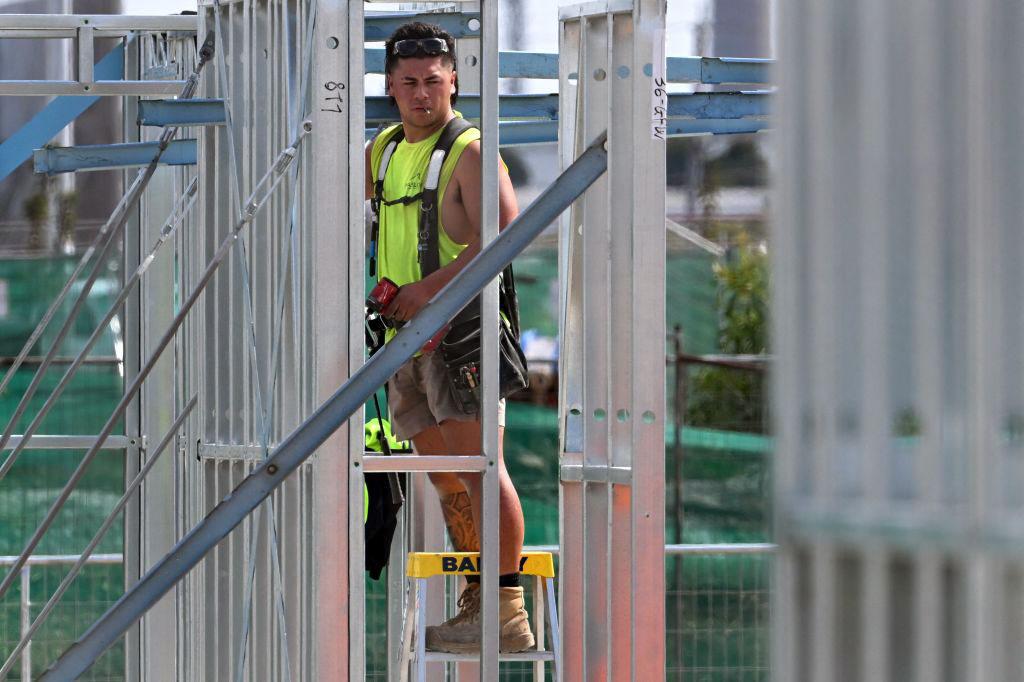Australians are forced into buying “the housing equivalent of a BMW” because of excessive regulation, says Graham Young, executive director of the Australian Institute for Progress (AIP) think tank.
He criticised the National Construction Code (NCC)—which mandates the country’s home building requirements—leading to extra costs for new housing.





